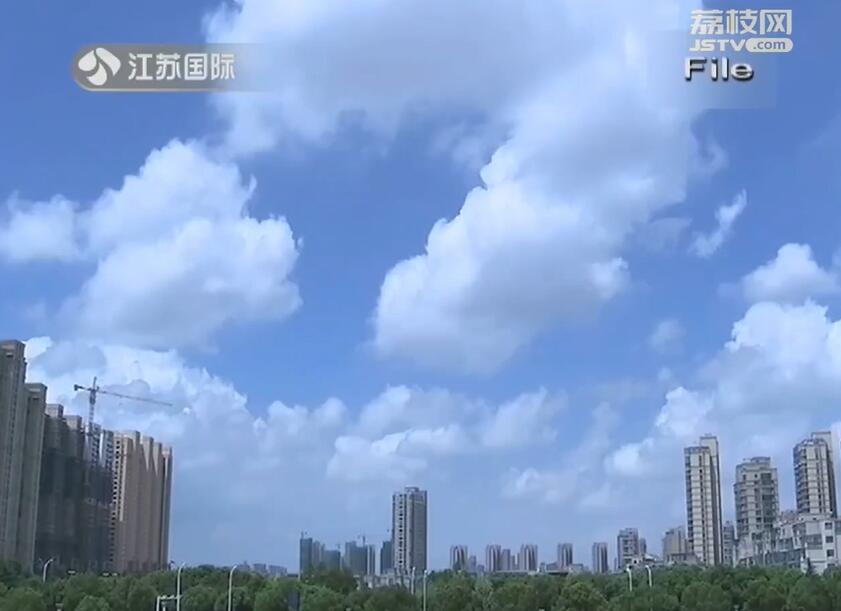New guidelines for levying taxes on entities that emit pollutants, the purchase tax on vehicles with engines up to 1.6 liters will be raised from 7.5% to 10%, on-line catering and ordering services are required to have brick and mortar stores. These are some of the changes that have taken effect since January 1st as the country ticks over into a new year.
In December 2016, the National People’s Congress promulgated China’s first Environmental Protection Tax Law or the EPT Law, replacing the existing Pollutant Discharge Fees system in a bid to strengthen the enforcement of environmental regulations. The EPT Law provides guidelines for levying taxes on entities that emit air and water pollutants, solid wastes, as well as noise pollution, and will come into effect on January 1, 2018.
As stipulated in the EPT Law, taxpayers are defined as enterprises, public institutions and other business operations that directly discharge taxable pollutants within the territory of China. The EPT Law targets only operators associated with business activities, not individuals or non-business related entities, such as government institutions and the PLA.
China has restored the purchase tax on vehicles with engines up to 1.6 liters to its original 10% level from Jan. 1, 2018.
The Ministry of Finance said at the end of last year that it would levy a 10% purchase tax on vehicles with engines up to 1.6 liters from Jan. 1, an increase from the rate of 7. 5%.
China cut the purchase tax to 5% from 10% in October 2015 in response to months of slow sales. The market has rebounded significantly since then, as the majority of cars sold in the country qualify for the incentive.
Starting on January 1st, on-line catering and ordering services are required to have brick and mortar stores.
Only off-line catering businesses with bricks-and-mortar restaurants and proper business licenses are allowed to offer on-line catering and ordering services, said a new regulation issued by the China Food and Drug Administration last November.
Online catering and ordering services should be subject to the same rules as off-line restaurants.
Order-taking platforms are required to develop a food safety control system, examine, register and publish operational permits and other key information of all catering services that join the networks.
Employers who default on paying migrant workers' wages this year should be placed on a national blacklist, according to a document issued last September by the Ministry of Human Resources and Social Security, providing that entities that default on paying workers' wages will be blacklisted starting in January 2018.






